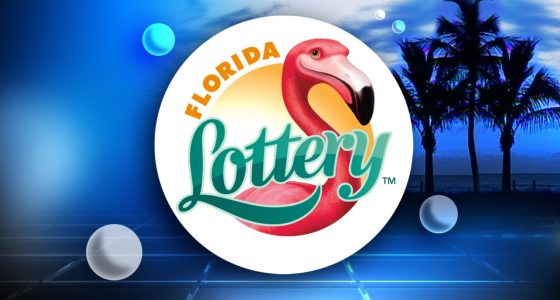Florida’s Senate has tentatively approved legislation that would place warning labels on lottery tickets. The labels would be legally required. Proponents of the bill argue that the labels will help curb gambling addiction while those against it see the labels’ actual effect as miniscule.
This bill would not only require labels on Lottery tickets, but all Lottery products including signs and commercials. Warning label content will focus on gambling addiction. There are a total of six different warning labels and the law mandates that each label must cover at least 10% of the product.
“We as a state who are sanctioning the lottery are also going to let you know that there’s potentially a problem with it. Not that there is, not that it will happen, but there is potential, and I think that we can all agree that that is a true possibility,” says Sponsor Keith Perry.
The shared skepticism between lawmakers is an interesting point to mark. The Florida Lottery is confident that the labels will have a negative effect, estimating a decrease in sales by 1-3%. This decrease in sales will have far reaching implications that extend beyond just the Florida Lottery office. In the state of Florida, proceeds from the Lottery are funneled back into the state education system. A 1-3% decrease in Lottery ticket sales translates to roughly between $5 and $16 million.
Supporters of the bill are willing to risk a small reduction in education funding if it means a reduction in gambling. However, a simple cost-benefit analysis will reveal that this plan is not worth it. Taxpayer dollars will be used to implement the stamps on the various products which range in costs from simple color printing to digital warning label designs, not to mention advertising costs.
The biggest problem with this endeavor is that it is trying to mitigate a totally legal industry. Florida residents are free to gamble through several venues including Indian reservation casinos and the Florida Lottery. There are even options for US residents to purchase Florida lottery tickets through licensed online lottery agents. There are no laws forcing anyone to gamble, meaning players are making an informed choice to participate in legal gambling activities. From a societal standpoint, gambling is considered a moral vice along with alcohol and drugs, all of which are considered addictive. There is an inherent sense of responsibility applied to all forms of gambling. This is the reason there is a legal gambling age of 18 in the state of Florida. This age restriction implies enough maturity to make the decision to gamble or not.
A 1-3% decrease in ticket sales may not seem large enough to merit any sort of blockage with this bill, but if you put things into perspective with the amount of educational funding being lost, it carries a different tone. $5 to $16 million is large window, though each dollar goes towards Florida’s youth and the quality of education available to them. Why waste taxpayer money on addiction warning labels when they could potentially take away from schools? Cigarette cartons have warning labels on them issued by the Surgeon General and there is plenty of information on the harmful effects of smoking, yet there are still millions of smokers. People who participate in these kinds of activities are well aware of the potential risks.
If the law does pass, it will take some time to determine the effect in terms of numbers and percentages. If the labels seem redundant, isn’t that enough cause to not even waste money on them in the first place? Funding state education should be the priority in this instance, not spending millions of dollars to implement the labels and then loose additional money in sales.




